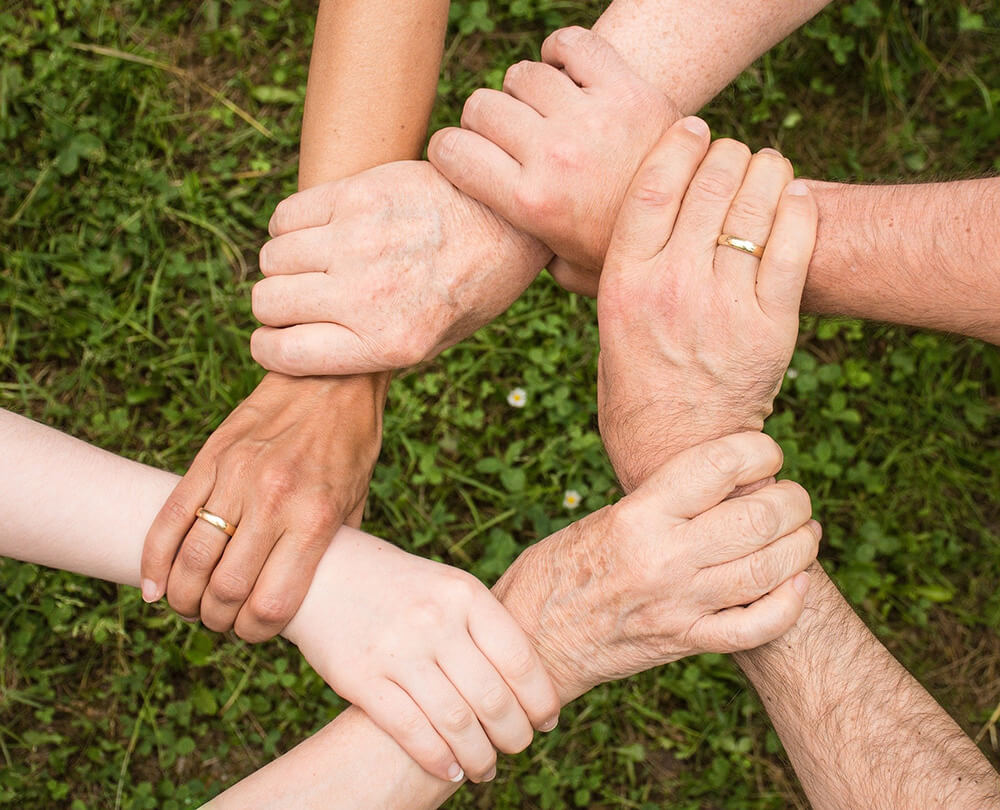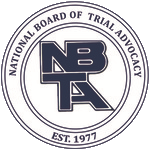
When individuals think about those most at risk for abuse, children come to mind first. This is probably because of their age and the lack of agency that comes with being young. There is, however, another large group of the population that is at risk for abuse—senior citizens. Elder abuse is a prevalent issue, especially in nursing homes and long-term care facilities.
Despite drastic age and status differences, there are similarities between child abuse and elder abuse. Being both major medical and societal concerns in the United States and all over the world, it’s important to have an understanding of why the abuse happens, its effects, and what can be done to protect victims and those at risk.
Defining Abuse and Understanding Its Effects
Child abuse is defined by the Federal Child Abuse Prevention and Treatment Act as an act or failure to act on the part of a parent or guardian that results in the physical or emotional harm, sexual abuse, exploitation, or death of a child.
Senior citizens in abusive situations are subject to the same types of abuse as children. It affects people of every social, economic, and religious background. Men and women are both at risk. In addition to the types of abuse mentioned above, unique barriers elderly survivors face include social isolation, mental impairment, physical limitations, depression, withdrawal, and inadequately met basic needs.
As life expectancy increases, the number of seniors in our society continually increases. Because of this, elder abuse rates are on the rise. If you know an elderly person is being victimized, it’s important to take action to prevent escalation—especially if the victim is reluctant to report. While it’s possible they’re being abused in a nursing home, there’s also the chance a family member is committing acts of abuse or neglect. The faster they’re removed from the situation, the better their chances are of making a full recovery.
The Intergenerational Transmission of Violence
According to the National Center for Biotechnology Information (NCBI), there are studies that suggest the presence of intergenerational transmission of violence. This refers to the possibility of those who were abused becoming violent toward their family members or others in the future. If, for example, a child witnessed abuse or was abused by a caregiver, there’s a higher chance they will become an abuser as an adult. It’s also more likely for an abused child to enter into abusive relationships in adulthood—which can continue into their senior years.
It’s important to note that there are not many studies on intergenerational transmission of violence, but it is a factor to consider when looking at why elders are abused.
Protecting Victims of Abuse in Kentucky
The Kentucky Cabinet for Health and Family Services has agencies in place to provide assistance to abuse victims. The Child Protection Branch provides consultations and state program guidance for cases regarding child protective services. The Adult Protection Branch provides adult protective and general adult services through consultation, development of standards of practice, and the development of data systems.
If you have a loved one in a nursing home and you believe they’re being mistreated, you can contact Adult Protective Services. They investigate known and suspected incidents of abuse, neglect, and exploitation of adults. With their help, you’ll have access to resources to remove your loved one from their situation and get them the medical attention they need.
It’s important to note that with both branches, individuals like physicians, law enforcement officers, social workers, cabinet personnel, and caretakers have a legal responsibility to report abuse, neglect, or exploitation if they have reasonable cause to suspect a child or adult has suffered.
Even with the resources above, innocent victims suffer abuse every day. If you believe your loved one has been abused or neglected in their nursing home, there are additional actions you can take after they’ve been removed from the dangerous situation. A personal injury claim can be filed against the facility or individual that harmed them.
The lawyers from Golden Law Office have extensive experience representing nursing home abuse victims and their families. Filing a claim not only holds the negligent party accountable, but it will give your loved one access to the compensation they need to recover from what they were wrongfully put through.
Filing a claim can be a complicated and lengthy process, so the sooner you take action the better. To learn more about nursing home regulations, residents’ rights, and the claim process, contact our office today. We’ll schedule a free consultation to explain what your options are and how you can protect your loved one and secure their future.






